French minister's anti-Muslim diatribe smacks of 'political bankruptcy': Expert
French Interior Minister Gérald Darmanin’s recent tirade against Muslims in France and other European countries shows Emmanuel Macron administration's “political failure and bankruptcy”, says an analyst.
Abdennour Toumi, an expert at Ankara-based Center for Middle East Studies (ORSAM), told the Press TV website that Darmanin's diatribe comes at a time when French people are economically struggling.
"This political paranoia shows President Macron and his administration's political failure and bankruptcy at a time when average French citizens are seriously struggling with the high cost of living and the collapse of the purchasing power and inflation at large," he said.
During a visit to the United States last week, Darmanin alluded to the "resumption" of what he called the “Islamist terrorist” threat in Europe, calling for collaboration between French and American spy agencies.
“We have come to remind them [America] that for Europeans and for France the primary risk is Sunni Islamist terrorism and that anti-terrorist collaboration between intelligence services is absolutely essential,” the French minister was quoted as saying.
He also urged Washington to "not forget what appears to us be the primary threat… Sunni terrorism".
The widely-criticized remarks came as the administration of Emmanuel Macron has been accused of promoting Islamophobia and anti-Muslim persecution under the pretext of counter-terrorism and secularism.
Darmanin played a pivotal role in passing the infamous "anti-separatism" law in 2021, which activists denounced as a thinly veiled attack on the country's Muslim population, stripping them of their basic freedoms and demonizing Islam in the public sphere.
One of the reasons, Toumi maintained, that has "radicalized" the minister and "pushed him to make such a bold statement" is his "personal political ambition because he wants to run for France presidential elections in 2027."
"He is trying to position himself as a hawkish political leader toward Islam and Muslim immigrants," the Paris-based political commentator and researcher remarked.
The named bill has three main provisions. First, it bans not only public employees but also private workers who provide public services from expressing political views or wearing religious symbols.
Second, it gives French authorities the power to close places of worship temporarily if they promote hate speech.
Third, it requires religious associations that get money from abroad to report their finances.
Furthermore, Muslims in France have faced a series of legislations they say have curtailed most of their freedoms since 2015. One law from 2016 restricted the wearing of religious symbols — such as the Hijab — in the workplace.
Another law from 2017 gave the government more control over the selection of imams (prayer leaders), claiming it would prevent the spread of radical Islam.
The government also closed down several Muslim-run organizations, such as mosques, charities, and nonprofits, including the Collective Against Islamophobia in France, which sought to combat discrimination against minority Muslims in France.
Critics argue that such policies have only fueled Islamophobia in the European country.
The media landscape has also portrayed Muslims in a more negative light, academics say, influenced by the 2022 presidential campaign of far-right candidates Marine Le Pen and Eric Zemmour, who focused much of their election speeches on the "dangers of Islam."
Noting that the question of religion and race has become the "main political narrative in the right and far-right political parties", Toumi added that Macron's administration has "banalized political verbal violence."
"In other words, there is a banalization process of racism that is making huge progress at each French national election," he said.
During the past decades, there has been a "shift in the conflictual equation" in French politics from ethnic to religious issues, the Paris-based expert asserted.
The French administration is "showing tough measures toward so-called Islamist separatism in the name of the French laïcité principles," he said.
“The principle of laïcité is supposed to protect all the minorities and the religious groups but they want this principle to become the religion of the state."
Iran FM: Success of nuclear talks hinges on ‘seriousness’ of US
Pro-military Israeli journalist detained on suspicion of raping child: Reports
Anthropic resists US War Department push for unrestricted AI access
Iran naval unit returns from drill, cmdr. vows to defend borders to ‘last breath’
VIDEO | Press TV's news headlines
Paris silencing pro-Palestine voices
Iran raises alarm at ‘environmental consequences’ of US militarism
Iran: UN Security Council inaction on Israeli crimes ‘catastrophic’


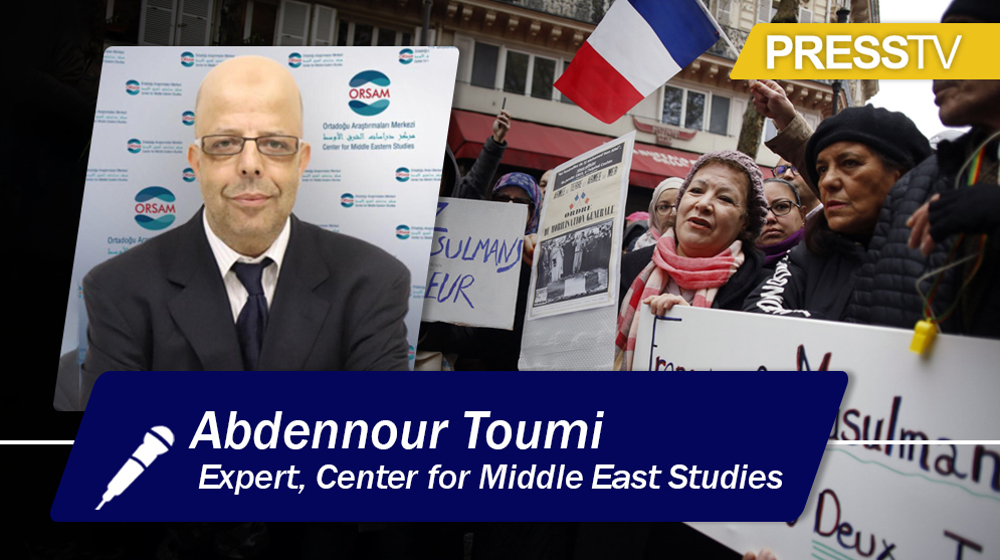
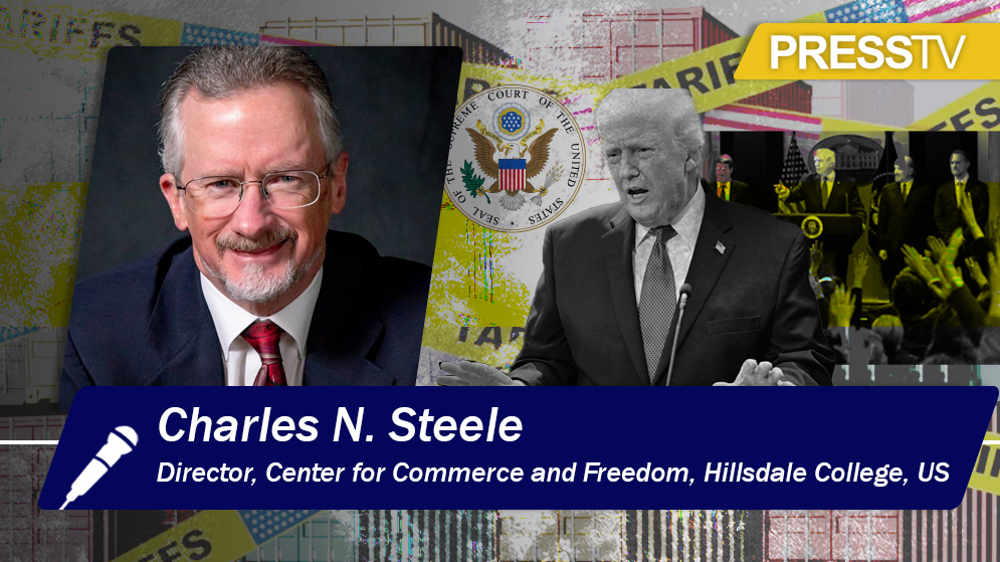

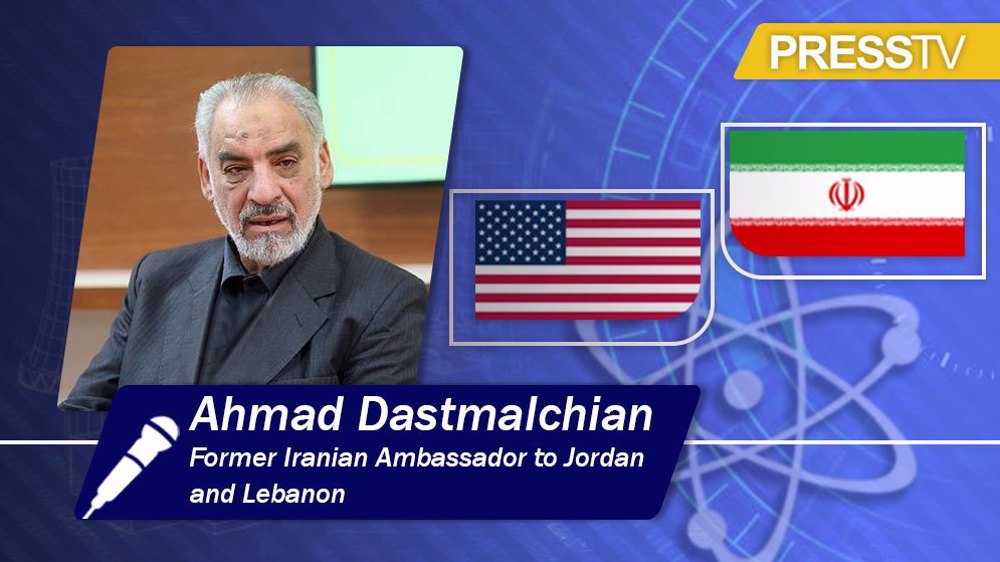



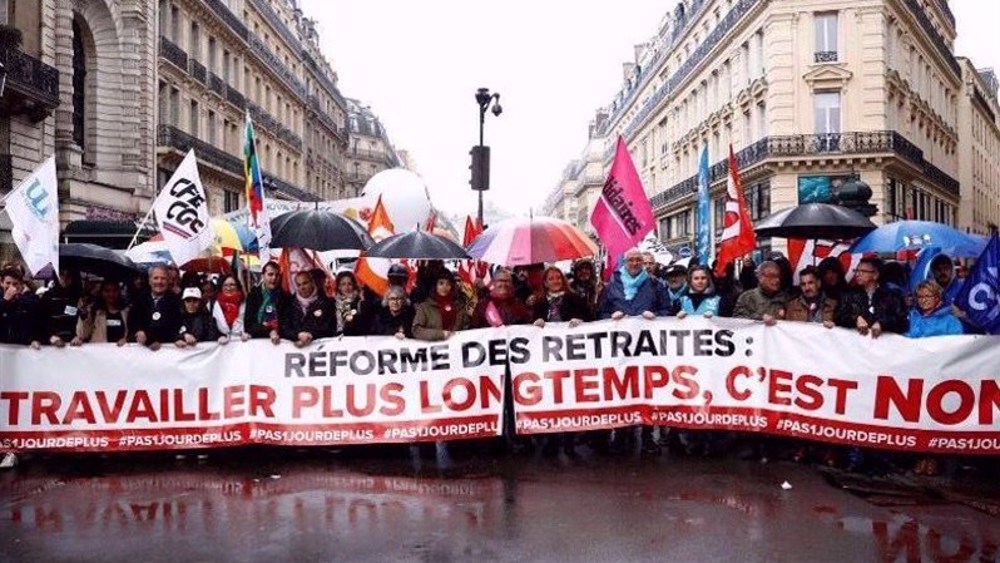
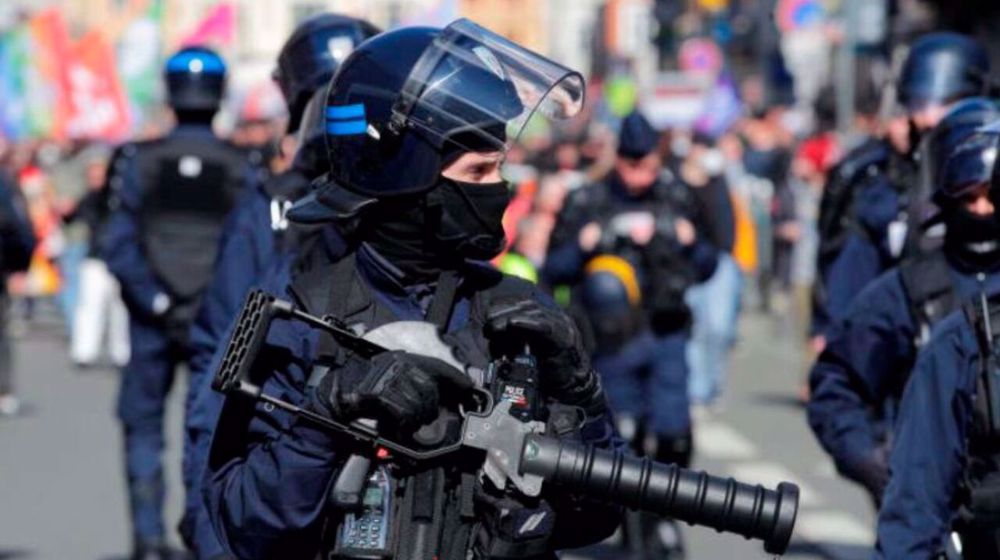
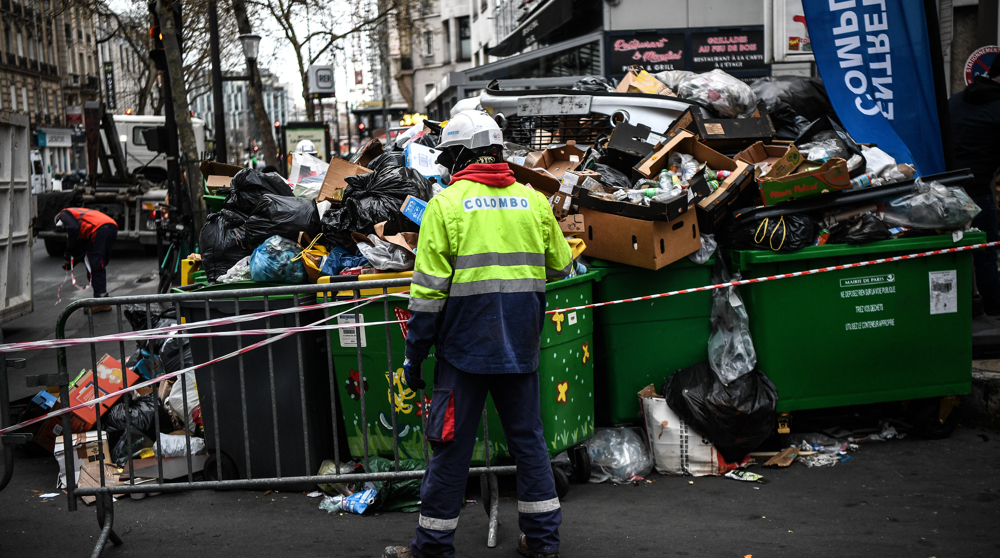
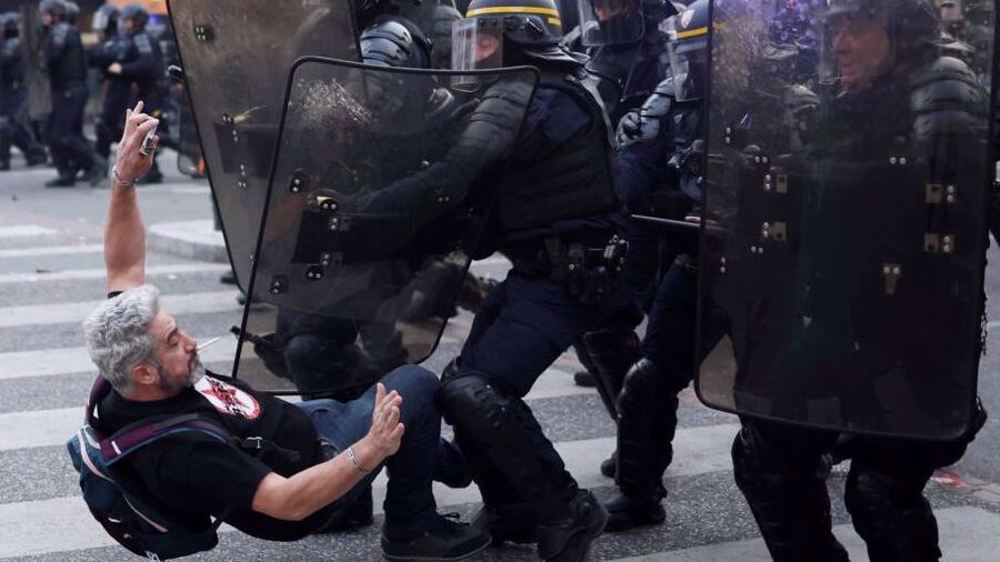

 This makes it easy to access the Press TV website
This makes it easy to access the Press TV website